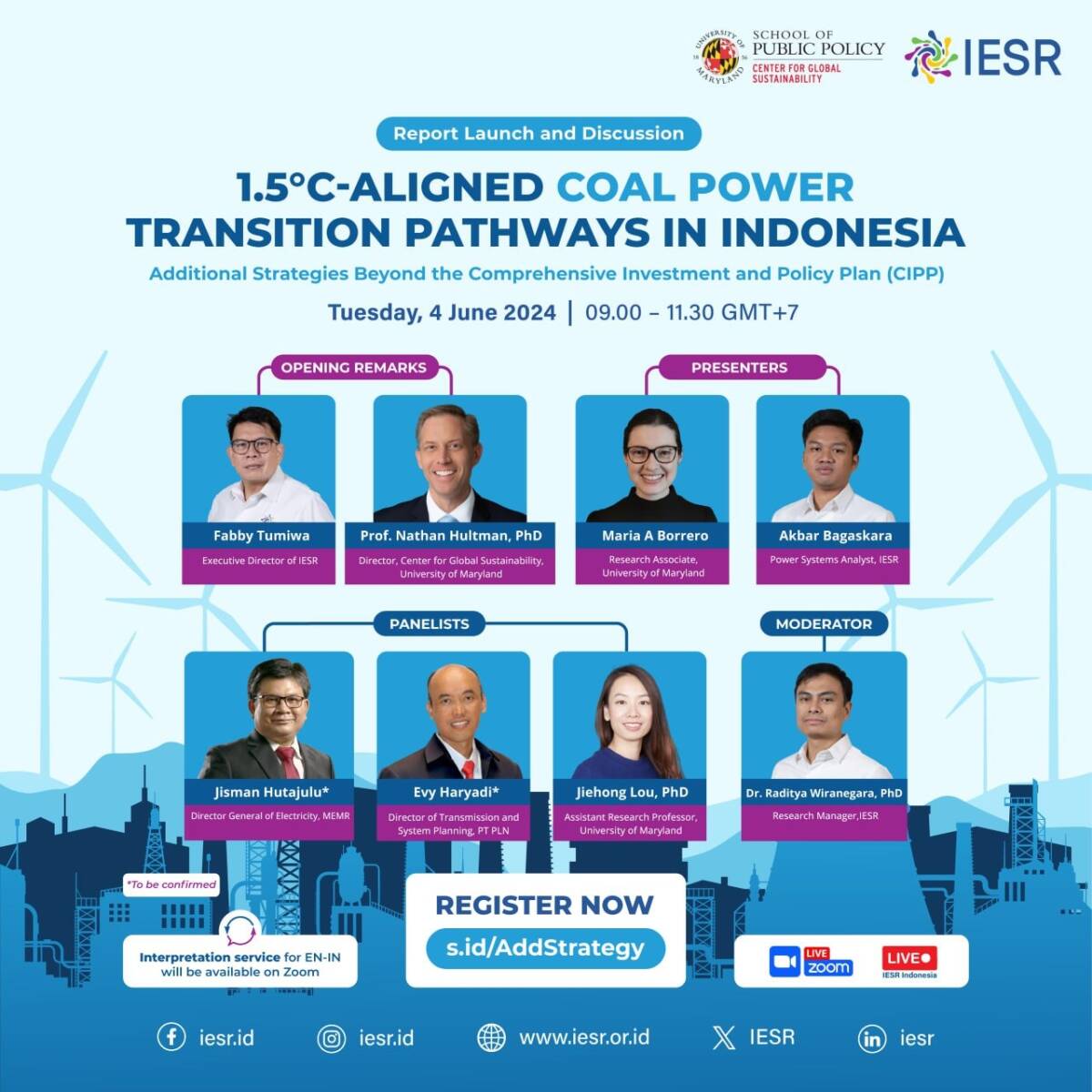Background
Indonesia has ratified the Paris Agreement through Law no 16/2016. As a result, Indonesia is legally bound to contribute to the global struggle to mitigate the climate crisis through ambitious efforts and action in reducing Greenhouse Gas (GHG) emissions and limiting the increase of the average global temperature below 1.5 0 C. In…


